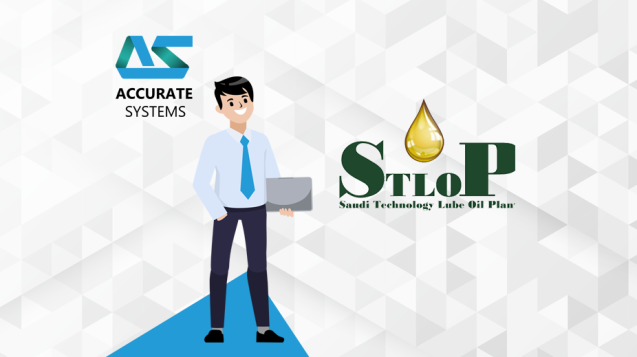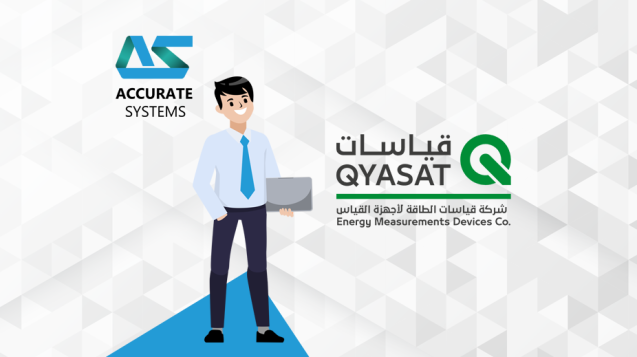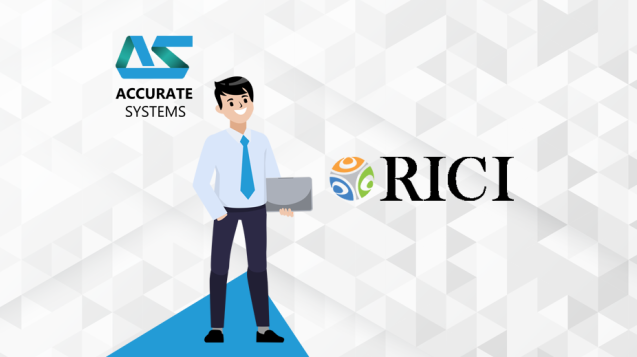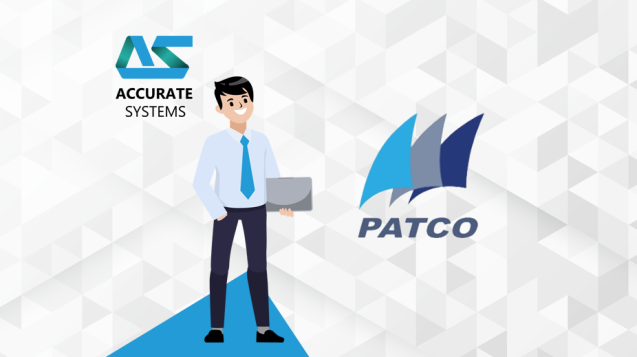
- Client Name:Renewable energy Petrochemical Factory Co. Ltd/شركة مصنع مواد الطاقة المتجددة للبتروكيماويات المحدودة
- Industry:Chemicals Manufacturing
- Location:Dammam
- Company Size:20 Employees
- Project Type:ERP System Implementation
Background
Qyasat altaqa company The factory based in Dammam manufacturers Instruments like Pressure Gauges, Temperature Gauges, RTDs, Thermocouples and Thermowells catering to the Oil & Gas, Petrochemicals, Power, Process Industries sector.
Objectives:
- Business Goals: The company has made the strategic decision to automate all of its operations through the implementation of ERPNext. Previously, most processes were carried out manually, with the exception of accounting. With ERPNext, the company aims to streamline and automate various aspects of its operations, including sales, inventory management, procurement, and more. This transformation is expected to enhance efficiency, reduce errors, and provide a centralized system for managing and monitoring all business processes.

The key challenges included the absence of proper reporting capabilities, heavy reliance on manual processes, difficulties in tracking deliveries and material receipts, and a lack of e-invoicing functionality.
- ERP System Selected: ERPNEXT
- Key Features:
- World’s top 100% open-source ERP
- High feature coverage
- Modern and scalable web platform
- Serves multiple domains and industries
- 10,000+ community members
- Powered by Frappe Framework
- Project Scope: The implementation of ERPNext is focused on managing various critical aspects of the business, including accounting, stock management, sales, purchase,HR &Payroll and manufacturing processes. This comprehensive ERP system is designed to streamline and integrate these key functions, enhancing efficiency and accuracy in financial management and inventory control while facilitating sales and procurement processes
- Timeline: 3 months.
- Project Team: List the key members of the project team, both from the company and the ERP vendor.
- Efficiency Improvements: Quantify any efficiency gains achieved in various processes, such as reduced order processing time, faster financial reporting, etc.
- Cost Savings: Mention any cost savings resulting from process optimization or reduced manual efforts.
- Data Accuracy: Highlight improvements in data accuracy and data integrity achieved through the ERP system.
- Real-time Insights: Describe how real-time data and analytics have empowered better decision-making and enhanced visibility across the organization.
- Scalability and Growth: Explain how the ERP system has enabled the company to scale its operations and support future growth.
Reflect on any challenges faced during the ERP implementation process and the key lessons learned for future reference.
Summarize the overall success of the ERP system implementation and how it has positively transformed the company’s operations and outcomes.





